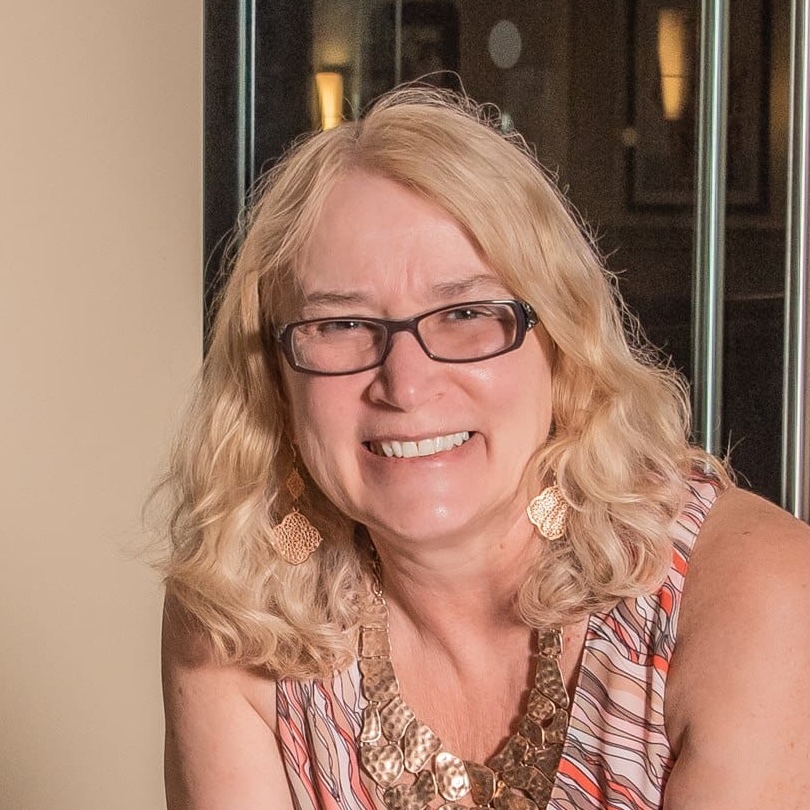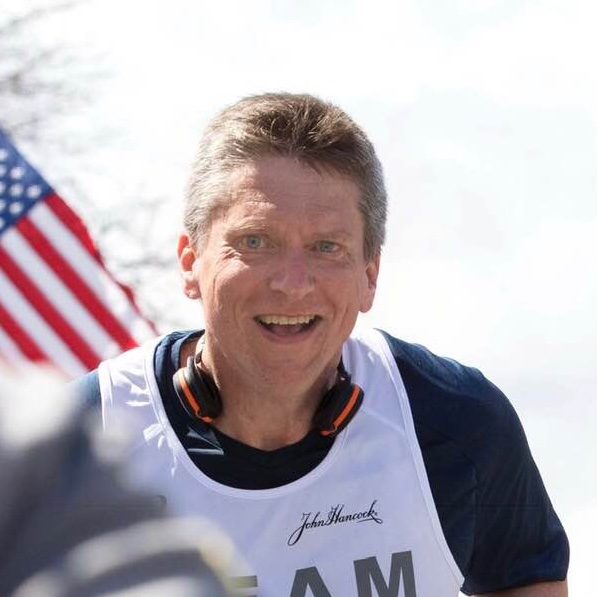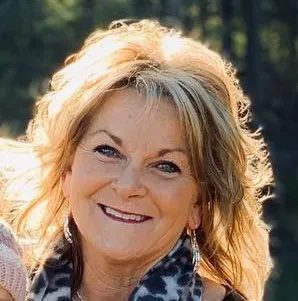Talking Through the Big Taboo
Photo by Chris Charles on Unsplash
This week I attended my first Death Café.
If that statement disturbs you, then you have just illustrated why Death Cafés are needed.
Death is not a familiar presence in the lives of most of us today – not like it was in centuries past when most people died at home. We’ve created institutions – nursing homes, funeral homes, hospitals – that serve to separate death from our daily lives. Not surprisingly, we also find talking about death uncomfortable – so uncomfortable that we’ll do almost anything to avoid the subject. Sometimes we keep on avoiding it until the moment when it stares us in the face and leaves us no choice. Rarely is that the best time for a thoughtful discussion about end-of-life issues.
Did you, for example, ever try to talk to your parents about their wills, their cemetery plots, funeral arrangements, or advanced medical directives, only to have them rapidly change the subject? Did they get angry and accuse you of trying to hasten their departure?
Some of us are superstitious, even if we won’t admit it. Deep down, we fear that talking about death will hasten its arrival – as if the Grim Reaper is just waiting for our invitation to appear. Believing this has a way of impeding meaningful communication.
Safe Space
To counter this aversion, the death café is designed to create a space where people can talk openly and in confidence about their feelings, concerns, and preferences for the end of their lives – without judgment or pressure – and also to eat cake. (Jon Underwood, the founder of the Death Café movement, held strong opinions about the healing powers of cake. “Cake normalizes things,” he said.) The goal of these discussions is “to increase awareness of death with a view to helping people make the most of their (finite) lives.”
Death cafés are not physical spaces but informal meetups of interested participants, held in a variety of settings. Over cake and tea, participants talk freely about what they want for their own death, what they want from their family, how they want to be remembered, and other topics related to end of life.
The idea originated in Switzerland and was adopted in Great Britain by Underwood, who in 2011 created a nonprofit to further the idea. Underwood and his mother, psychotherapist Sue Barsky Reid, drafted a guidebook for running death cafés in 2012. Underwood called Death Café a “social franchise,” meaning anyone who signs on to the basic principles and follows the guidebook can use the name Death Café, post events to the website, and talk to the press as a Death Café affiliate. At last count more than 17,000 death café meetings have been held, in 87 countries. (The website provides dates and locations of upcoming cafés.) After Underwood’s death from leukemia in 2017, his mother and sister continued the movement.
Underwood told an interviewer that many people today are ill-equipped to talk about the end of life. “There’s a growing recognition that the way we’ve outsourced death to the medical profession and to funeral directors hasn’t done us any favors,” he said.
In the death café I attended this week, most of the discussion centered around hospice care. Several participants had parents getting closer to end-of-life and wanted to know their options. We also talked about end-of-life doulas and do-not-resuscitate (DNR) orders. One participant in her early 80s admitted, “I’ve been in denial for many years, but it’s real, and I need to prepare myself and my children.” Our discussion lasted 90 minutes, without any visible discomfort or reluctance to listen and share.
Conversation Topics
There are many other topics that death café participants can explore, among them:
-
What makes for a good death?
-
What words do you want on your tombstone?
-
What song would you like at your funeral?
-
What do you want your legacy to be?
-
What do you fear most about death?
“It’s better to have these conversations over tea and cookies than in the hospital at the end of life,” said our Death Café discussion guide.
(Another organization with a similar focus, The Conversation Project, offers a conversation starter guide to help hold those difficult discussions about end-of-life care. The organization was founded by Pulitzer Prize-winning writer Ellen Goodman in 2010. Its website notes that while 92% of Americans say it’s important to discuss their wishes for end-of-life care, only 32% have had such a conversation.)
But ultimately, as Underwood said, it’s not about death but about living. “When we acknowledge that we’re going to die, it falls back on ourselves to ask the question, ‘Well, in this limited time that I’ve got, what’s important for me to do?’”



























Already a Member? Login Here.
Not Yet a Member? Join the Conversation Today!